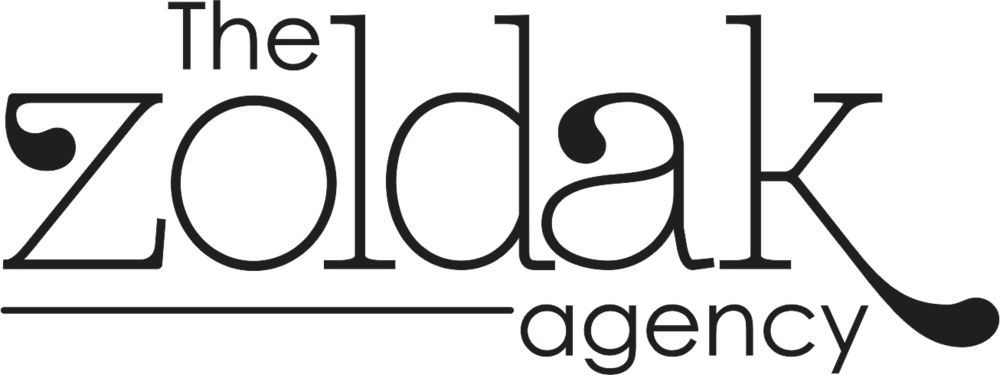At the start of the Covid-19 shutdowns it became a running joke that everyone was starting a podcast! People were in the midst of finding new ways to connect and communicate virtually and various podcast platforms filled the gap in the marketplace. There are currently 850,000 podcasts, a staggering increase of 350,000 since just 2018! Amongst US consumers over the age of 12, more than half listen to podcasts. More than 50% of listeners report that they are more likely to consider buying from a brand after it’s advertised on a podcast, with the channel’s ad revenue expected to surpass $1 Billion in 2021.
However, besides the advertising element, podcasts have become a powerful resource for policy centers and advocacy groups to communicate their message directly to the public and bypass the challenges of pitching to the media. Podcasts allow for long-form discussions, the integration of experts and sources of your choice, a timely release of information, and control over your message and the angle from which the consumer receives the information.
If you or your organization are interested in starting a podcast, there are a few tricks of the trade that can help you succeed in the world of audio broadcasting! First, commit to a regular publishing cadence. Make it easy for listeners to find you by providing consistent structure, especially in the early stages when you’re trying to grow a loyal audience. It’s also important to decide whether you’re producing evergreen content that will be relevant for years to come or topical content, which is more like the news of the day. Defining this will provide brand clarity for yourself and your audience.
Second, if you plan to bring on guests, it’s important to keep a few things in mind. Think critically about whether your guest is someone your audience would be interested in hearing from. Be sure to record your guest giving a personal introduction, ie: name, position, and other notable credentials, so you can include the information in the final product if necessary.
Third, as the interviewer it’s important that you are genuinely curious about your guest and the subject matter. Be authentic and an active listener. Although it’s important to provide direction to the interview, there’s value in going where the conversation leads you and being open to it taking an unexpected turn. Also, encourage your guest to share personal anecdotes and stories, as it will add color to more wonky subjects.
Fourth, always keep the listener top of mind, especially if your guest specializes in complex policy issues or in a niche field that uses a lot of industry terms. Make sure you are looking for opportunities to provide clarity to your listeners so they walk away more educated on the subject.
Fifth, if you make a mistake in the narrative, misspeak or mispronounce a word or phrase, re-record the entire sentence or paragraph to avoid any glitches in audio or changes in tone.
Sixth, create a promotional campaign around your podcast and each episode. Market it on all your social channels and create a profile that is specific to the podcast. This is an opportunity to tease a well-known guest and utilize their social media following to grow your audience. If you have the bandwidth, a great way to get your name or brand out there is to be a guest on another person’s podcast! Take the opportunity to promote your own podcast and become a personality listeners will want to follow.
And finally, industry members suggest that you release three podcast episodes before you go public, that way when someone checks out your material there are several recordings that show you consistently record and on what days they can expect a release. This also helps to define your brand to the listener and keeps them coming back for more!
If you are looking for a platform to launch and house your podcast, let me suggest looking into Anchor. Its motto is, “The easiest way to make a podcast” and it truly is a valuable resource for distribution and attracting advertisers relevant to your audience. Once you have selected a name, description, content category, and cover art, you can upload your episode and once published, Anchor will distribute it to Spotify, Apple Podcasts, Breaker, Castbox, Google Podcasts, Overcast, Pocket Casts, and RadioPublic. It also provides various, free to use music options for your intro and outro and allows for the creation of a promotional trailer that lives on your profile for curious and first time listeners.
In addition, Anchor also offers optional monetization tools. As your audience grows so will your opportunity to work with various brands. You choose which brands you’d like to work with, record audio ads in your own voice, and place them wherever you’d like throughout the episode! This allows you to make money as you produce content and grow a loyal audience with no minimum listenership required. Pro-tip: be sure to properly vet brands before promoting them to ensure they align with your mission and values.

